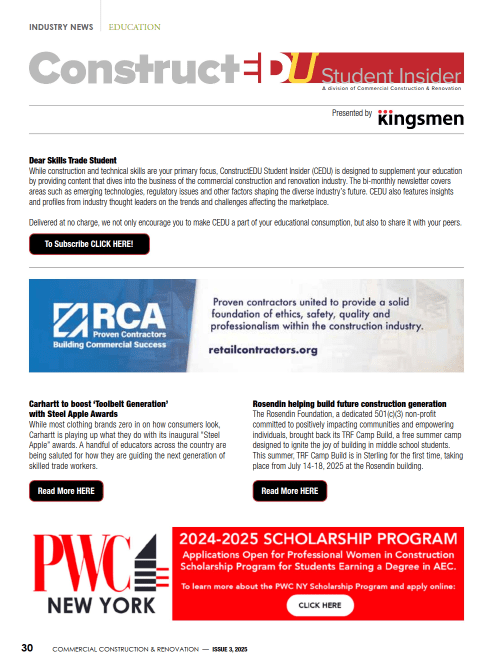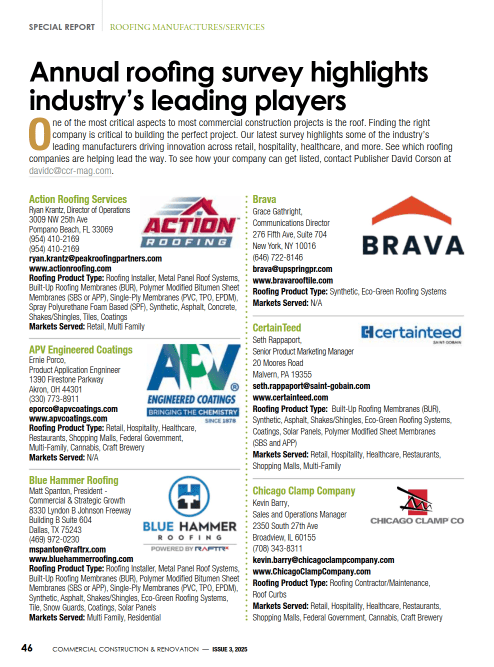Looking to excel in real estate services? You’re in the right place. Success in this competitive field demands sharp insights, strategic planning, and a deep understanding of market dynamics to stand out.
Many struggle with client acquisition and retention, but actionable solutions exist. By leveraging local expertise and tailored strategies, you can address these challenges head-on and build lasting relationships with your clients.
For expert guidance, turn to Northwest Real Estate Solutions. Their proven approaches and regional knowledge can help you navigate the market effectively, ensuring your real estate service thrives in today’s landscape.
Defining Real Estate Metrics
Diving into real estate metrics can transform your approach to investments. These numbers aren’t just data; they’re your roadmap to smarter, profitable decisions in the market.
- Net Operating Income (NOI): This shows your property’s revenue after operating expenses. Exclude mortgage payments, but include all income like parking fees for accuracy.
- Capitalization Rate (Cap Rate): Think of this as your return on investment. Divide NOI by property value to gauge profit percentage and assess risk levels.
- Internal Rate of Return (IRR): Estimate long-term yield with this. It’s complex, so use Excel to calculate growth over your holding period effectively.
- Cash Flow Analysis: Track net cash after expenses. Positive flow means profit; negative signals overspending or issues needing immediate attention.
Mastering these metrics empowers your investment strategy. With tools like Stessa, crunching numbers becomes effortless, guiding you to maximize returns.
Target Audience for Metrics
Understanding your target audience is vital in real estate. Pinpointing who benefits from your services ensures your metrics and efforts hit the right mark every time.
Why Audience Matters
Knowing your audience shapes your strategy. Without this focus, even the best metrics can miss, wasting resources on uninterested or irrelevant groups.
Types of Audiences
Different groups like first-time buyers or luxury seekers need tailored approaches. Each has unique needs, so adjust your messaging to resonate deeply.
Benefits of Targeting
Targeted marketing boosts engagement and conversion. By addressing specific pain points, you build trust and create campaigns that truly connect with clients.
Using CRM Tools
Leverage real estate CRM to analyze audience data. These tools help segment and nurture leads, ensuring your metrics drive impactful, personalized strategies.
Investor Performance Indicators
As an investor, tracking performance indicators keeps your portfolio thriving. These KPIs reveal strengths and weaknesses, guiding you to smarter financial moves.
Key Metrics to Watch
Focus on metrics like NOI and Cap Rate. They highlight profitability and risk, helping you evaluate properties with precision and confidence.
Monitoring Market Trends
Stay updated on market shifts. Indicators like rental yield show demand, ensuring you’re not caught off guard by economic changes.
Using Dashboards
Real estate KPI dashboards simplify tracking. Visualize data instantly, spotting trends or issues before they derail your investment goals.
Adjusting Strategies
Adapt based on KPI insights. If cash flow dips, reassess expenses or rents to maintain profitability and safeguard your investments.
Agent Success Benchmarks
For agents, benchmarks like sales volume define success. Tracking these KPIs helps you measure performance and stay ahead in a competitive field.
- Sales Volume Insights: This tracks total property value sold. It reflects your financial performance and highlights strong or weak sales strategies.
- Conversion Rates: Measure appointments turning into listings. High rates show relationship-building skills; low ones signal a need for better pitches.
- Commission Per Sale: Track earnings per deal. This motivates performance and lets you compare results across your team for improvement.
- Time on Market: Gauge how long listings sit. Faster sales mean effective marketing; longer times suggest pricing or strategy adjustments.
These benchmarks are your success compass. Regularly review them to refine skills, boost efficiency, and dominate your local real estate scene.
Developer Project Metrics
Developers, your project metrics are crucial for gauging success. Tracking these numbers ensures projects stay on budget and meet market demands effectively.
Cost Overruns
Monitor budget adherence closely. Overruns can sink profitability, so track expenses against projections to keep projects financially viable.
Completion Timelines
Delays hurt reputation and costs. Measure actual versus planned completion dates to identify bottlenecks and improve future project planning.
Return on Investment
Calculate ROI for each project. This metric shows if developments yield expected profits, guiding decisions on future endeavors.
Occupancy Rates
Track how quickly units fill. High rates signal strong demand; low rates may require marketing tweaks or pricing adjustments.
Leveraging Tech for Efficiency
Technology can skyrocket your real estate efficiency. Embrace digital tools to streamline tasks, save time, and make data-driven decisions with ease.
- CRM Systems: Automate client follow-ups and segment leads. This keeps relationships strong without the manual grind of tracking interactions.
- Property Management Software: Handle rent collection and maintenance requests digitally. It cuts paperwork and boosts tenant satisfaction instantly.
- Data Analytics Tools: Use platforms to analyze market trends. Spot opportunities or risks faster than competitors relying on gut feelings.
- Virtual Tours: Offer 3D property walkthroughs. They attract distant buyers and save time on physical showings for everyone involved.
Integrating tech isn’t optional anymore; it’s essential. Start small, test tools, and watch how they transform your workflow into a powerhouse.
Building Strategic Connections
Networking is your secret weapon in real estate. Building strong connections opens doors to clients, partnerships, and insights that fuel your growth.
Setting Networking Goals
Define what you want from networking. Seeking clients or partners? Clear goals focus your efforts at events or online interactions.
Industry Events
Attend conferences and expos. They’re goldmines for meeting peers, so prepare questions to spark meaningful conversations with key players.
Online Platforms
Use LinkedIn to connect digitally. Share content, join discussions, and build a presence that attracts industry professionals to you.
Genuine Relationships
Don’t just collect contacts. Offer value, listen, and build trust for lasting bonds that lead to referrals and collaborations.
Adapting to Market Shifts
Real estate markets change fast, and adapting is key. Staying flexible ensures you thrive amid regulatory shifts or economic ups and downs.
Revamping Commission Models
Traditional commissions face scrutiny. Explore tiered or hybrid fees, and transparently show clients the value behind your pricing structure.
Strengthening Buyer Representation
Boost your buyer services. Offer deep market analysis and negotiation expertise to stand out in a shifting, competitive landscape.
Diversifying Services
Expand beyond sales. Add consulting or rental market services to create revenue streams during slow periods and build resilience.
Leveraging Technology
Use digital marketing and data tools. Consistent online presence keeps you visible, helping navigate market changes with confidence.
Mastering Lead Generation
Leads don’t just appear; you must generate them. Mastering diverse channels ensures a steady flow of prospects for sustainable real estate growth.
- Brand Awareness: Build visibility with Google Business Profiles. A strong online presence draws clients before you even ask for business.
- High-Conversion Referrals: Encourage referrals with incentives. They’re the best leads, often converting faster due to built-in trust factors.
- Geographic Farming: Dominate specific neighborhoods with consistent marketing. Postcards and events make you the go-to agent locally over time.
- Database Nurturing: Keep past clients engaged via email. Regular updates ensure you’re top of mind for future deals or referrals.
Diversify your lead sources with help from resources like Tom Ferry’s blog. A robust pipeline means you’re never scrambling for the next deal.
Importance of Professional Skills
Professional skills are your edge in real estate. Mastering communication, negotiation, and tech adaptability sets you apart in a crowded, competitive market.
Communication Mastery
Adapt to client preferences for contact. Keep them updated on offers or listings to build trust and ensure smooth transactions.
Negotiation Expertise
Sharpen your bargaining skills. Strong negotiation secures better deals for clients and boosts your reputation as a savvy agent.
Tech Adaptation
Embrace new tools fearlessly. From CRM to virtual tours, tech streamlines tasks and keeps you ahead of industry trends.
Ongoing Education
Commit to learning continuously. Courses and certifications update your knowledge, meeting licensing needs and fueling long-term career success.
Your Success Awaits
Take charge of your real estate journey by applying these insights. Focus on metrics, connections, and adaptability to thrive. For quick property solutions, explore We Buy Houses in Oregon. Hone your skills and leverage tech to ensure lasting success in this dynamic market.































